Have a question?

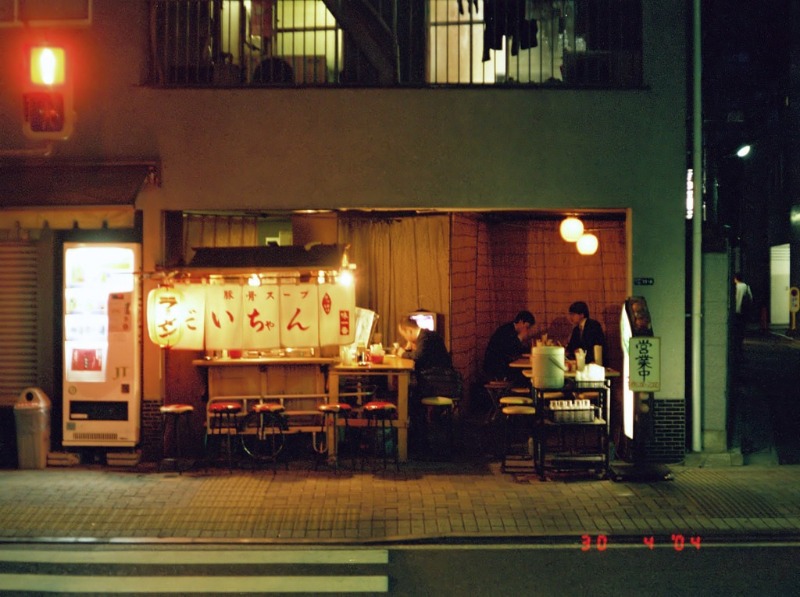
October 21, 2018
A trip to Japan is an experience unlike any other! However, because of that, there are a few things all travelers should know before arriving in this wonderful country. Read on for some top tips for traveling to Japan.
The JR Pass, or "Japanese Rail Pass," is a discounted train pass for tourists in Japan. For travelers using the train a lot, this pass can save you a ton of money. However, the JR pass must be purchased from outside of Japan, so be sure to order it before you get on your plane.
Hyperdia is a metro, train, and airplane timetable/route search app for Japan. Most people in the country swear by it. After the first month, the app costs money to use, but this shouldn't be a problem for most travelers.
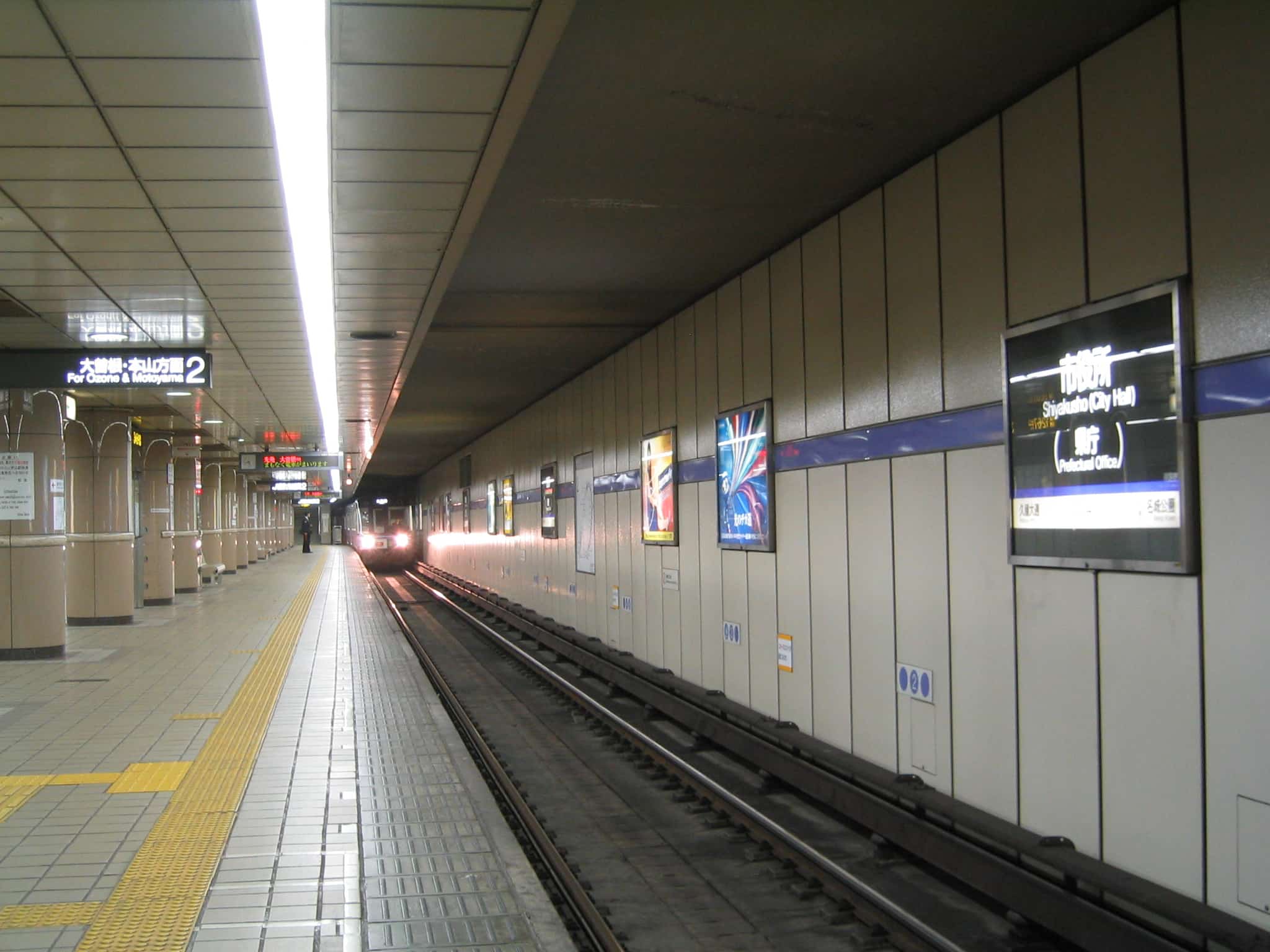
Haneda Airport is actually located in Tokyo's city limits, so the ride to the city center is short and cheap. Narita is not. However, most flights going into Haneda are very expensive. Be sure to compare prices for both airports (plus the expense of traveling to your lodging) before booking.
Japanese metro systems are very thorough, but can be very confusing to outsiders. Don’t let the first time you see a Tokyo or Osaka metro map be when you are in the station, rushing to get somewhere. Spend some time on the plane looking at the routes, trains, and popular stops. Always know the nearest metro stop to your accommodation.
This is simple. If you ask someone for help on an English map, they may not be able to read it. If you carry around a Japanese map, you won’t be able to read it. Carry a hybrid Japanese and English map so you can ask for directions.
Trains are expensive, but the overnight bus can save you money on lodging and travel. These buses are usually much more comfortable than you would imagine.
If other people are removing their shoes, follow suit. Do not wear shoes into someone's home, and never walk on a Tatami mat with shoes on. Because you will be removing your shoes a lot, wear nice socks (no holes).
Don't be loud, or yell in public spaces.
If someone bows to you, bow back.
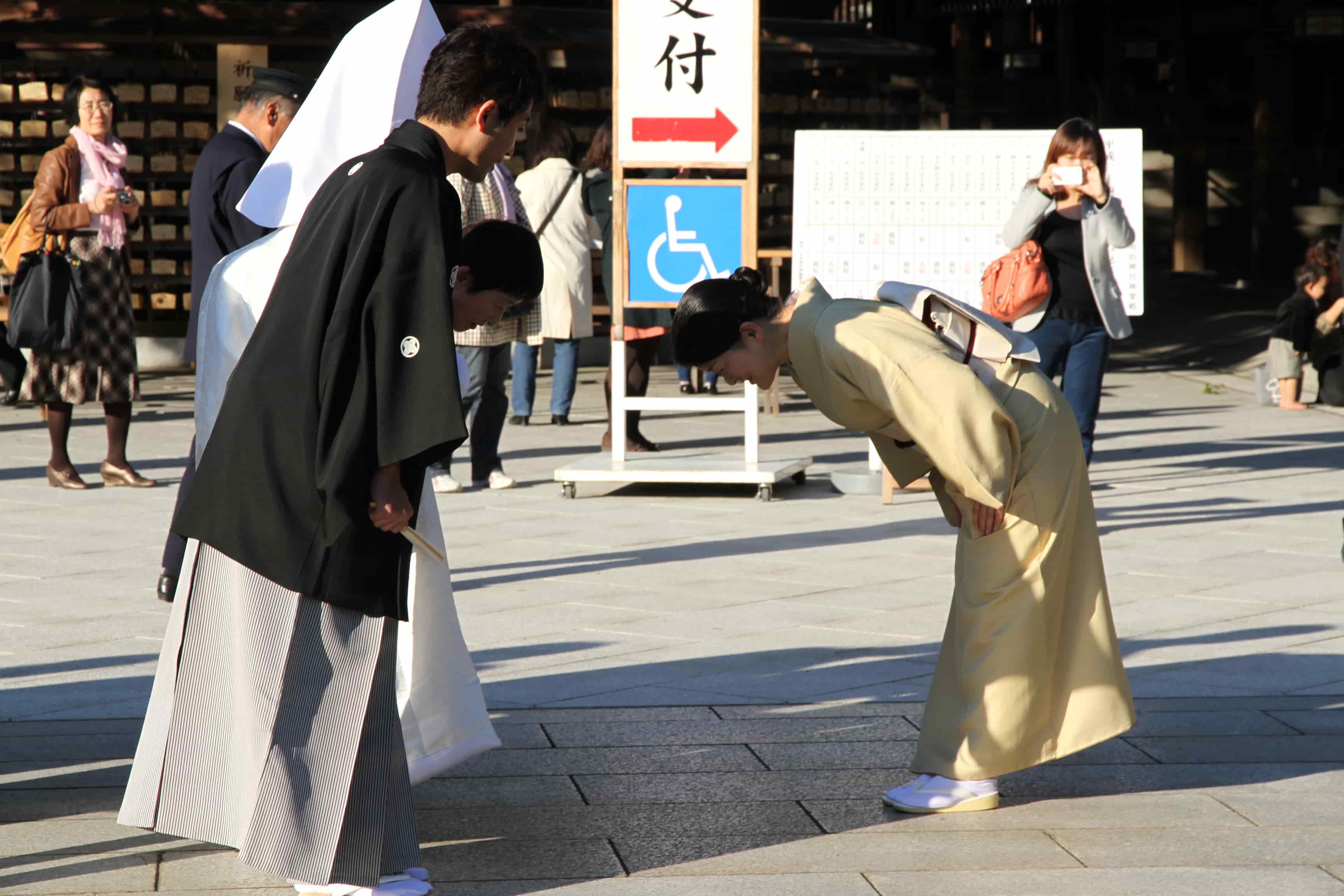
Gift giving is very customary in Japan. Always give and receive gifts with both hands.
It is a nice gesture to give someone a gift if they give you one, or if they are hosting you in their home. Bring some small tokens from home so you have something if needed.
Slurping soup and noodles is a sign of respect.
Foreign credit cards are notoriously unwelcome in Japan. Do not go out for a big meal with only a credit card to pay. Some places you would expect to take card (ie: fast food shops) might not.
Because of the aforementioned tip, always carry around enough cash to pay for your meals and transit. Also, because ATMs that accept foreign cards can be hard to find, mark on a map (or on your phone) when you find an ATM that accepts your card. You may be grateful later.
In some bars there is a cost to sit down at a table. Ask the waitress before claiming a table, or you may have a larger bill than expected.
Tipping is not customary, and you may even offend some people if you try.
7/11s in Japan are not your average convenience store. These tiny shops somehow manage to pack in everything you need, including delicious food. Stop in for a fruit cup, sushi, or grilled cheese sandwich if you are feeling peckish, but don’t want to spend a lot of money.
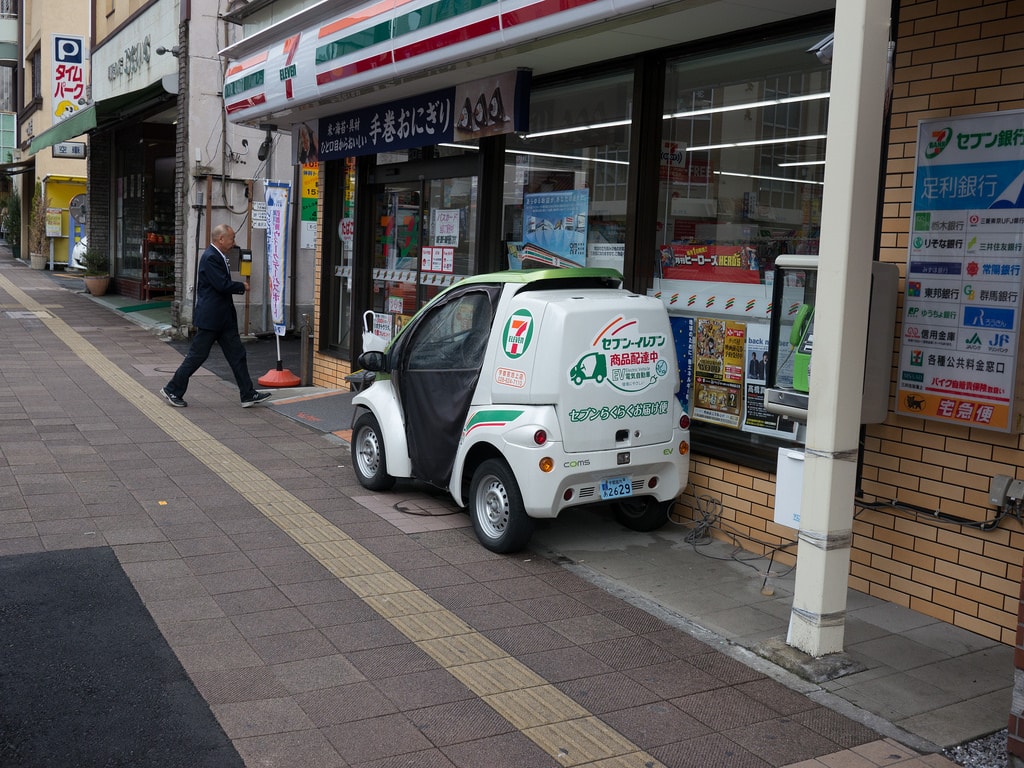
This is the easiest way to save money on lodging and tours - avoid the spring and fall. These are the busiest tourist seasons in Japan, and prices on everything (and we mean everything) go up.
If you have a food allergy, don’t expect someone else to be able to understand you. Write down your allergies in Japanese. Have the first person you meet who speaks English check it for you.
There will be a moment when you need this. Trust us.
Always be wary when driving in a foreign country - especially Japan. You will not be able to understand road signs, and the orientation may differ from your home country.
If you get lost, you can show it to a stranger. Also write, “Where is the nearest metro?” in Japanese. Always have this on you.
Some establishments (like bars, restaurants, and tea houses) are for locals only. Try to avoid these spots, and don’t be offended if you’re rejected from entering.
There are just not a lot of public trash cans in Japan. Carry around a small plastic bag to collect your trash in during the day because littering is not allowed at all.
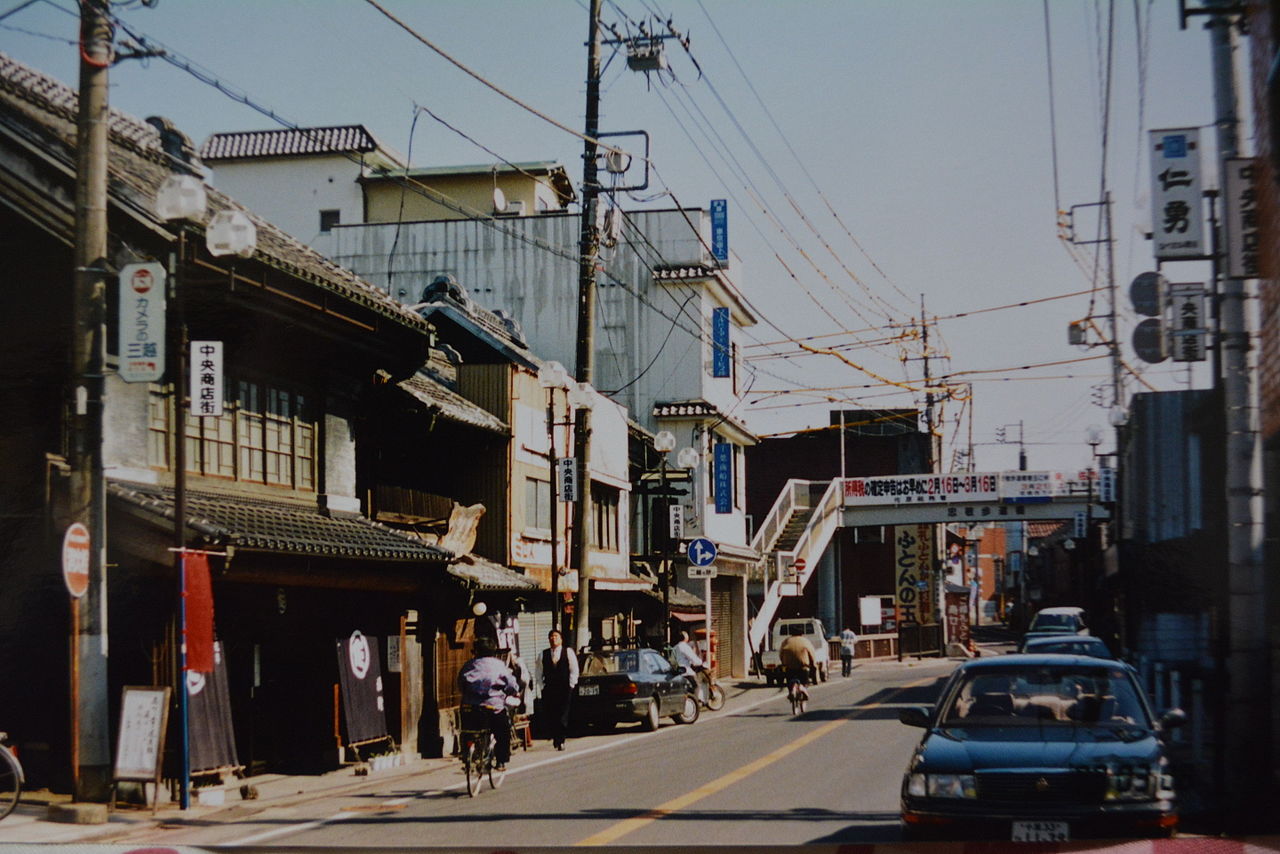
The famous temples and palaces are famous for a reason, but some of the best times you will have in Japan will be sneaking down a random alley, and finding an undisturbed pocket of Japanese life (with no tourists around). Get lost when in Japan.
Here is a good rule for traveling to Japan - if you think you can just find wifi anywhere, you can’t. Most people in Japan carry around their own wifi dongle, so public wifi is very hard to find. It is a good idea to get a sim card for your phone so you can communicate and navigate.
There is so much to see, it is easy to pack your days with sights, after monuments, after temples, after palaces. Don’t do this. Just accept you won’t see it all, and take your time at the places you do visit. There is always the next trip!
Transit in Japan does not have a lot of room for luggage, so do not bring big bags. If you are taking the train, it is important to use carry on sized luggage, or you may be charged additional fees.
Tattoos are a no-go in Japan. Try to cover them up as much as possible, and absolutely do not enter an onsen with one visible.
Earthquakes happen frequently in Japan. The buildings are built to withstand them, and you probably won’t even notice it is happening. However, it is important to know about earthquake safety before arriving in the country.
How should we contact you?
Call
Thank you! We'll get back to you as soon as possible!
Click to register and track your question!
If you would like to follow up with us:
+1 (855) 782-3006